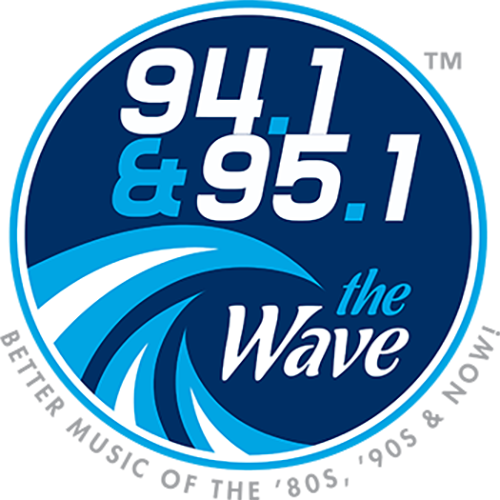Soccer team changes uniforms to help players feel comfortable on their periods

(ORLANDO, Fla.) — This season, players for the Orlando Pride, part of the National Women’s Soccer League, will take the field in black shorts instead of white.
The reason, according to the team, is so that players feel “more comfortable and confident” when they are playing in a game while on their period.
The team says it is the first in the NWSL to make a change to its uniform after listening to players’ concerns about being uncomfortable wearing white while menstruating and competing.
“The reasons behind not wanting to wear white shorts are clear, but it is unfortunately something that hasn’t been addressed until recently,” Orlando Pride midfielder Erika Tymrak said in a statement shared by the team. “I think it’s a big step for us as a Club to make players feel comfortable and allow us to focus solely on competing.”
The team will debut its new look on March 26, when they take on the Portland Thorns in their first game of the 2023 season.
The Pride, which announced its uniform change this week on social media, said its players will be able to wear dark shorts in practices as well as games.
“We must remove the stigma involved in discussing the health issues impacting women and menstruating non-binary and trans athletes if we want to maximize performance and increase accessibility to sport,” Haley Carter, Orlando Pride’s vice president of soccer operations and general manager, said in a statement. “I am proud to be part of a Club that is making a small but extremely impactful change when it comes to both our professional and youth players.”
The Orlando Pride is one of 12 teams in the NWSL, which was founded in 2012.
The Pride’s shift on its uniforms is the latest in a growing movement to destigmatize menstruation and increase accessibility to menstrual care.
The U.S. Women’s National Team, on which many NWSL players compete, has in recent years spoken openly about using period tracking to help the team compete at the highest level.
In 2019, Dawn Scott, at the time the high performance coach for both the USWNT and NWSL, credited the breakthrough use of period tracking — knowing the time of your menstrual cycle as well as the symptoms — as one of the strategies the USWNT used to win its fourth World Cup title.
While competing at the 2019 World Cup in France, the USWNT used a period tracking app and had players fuel and train according to which phase of their menstrual cycle they were in, according to Scott.
Women, on average, get a period for about 40 years of their life and lose about 2 to 3 tablespoons of blood during each menstrual cycle, according to the U.S. Office on Women’s Health.
Across the globe, including in the United States, many people experience period poverty, when they cannot afford even the most basic of period supplies like pads and tampons, which can keep them from jobs and school, period rights advocates say.
Last school year, California started requiring its public schools and colleges to offer free menstrual products in restrooms.
The state law was inspired by similar legislation in Scotland, which in 2020 became the first country in the world to provide period products to all women for free.
Copyright © 2023, ABC Audio. All rights reserved.








